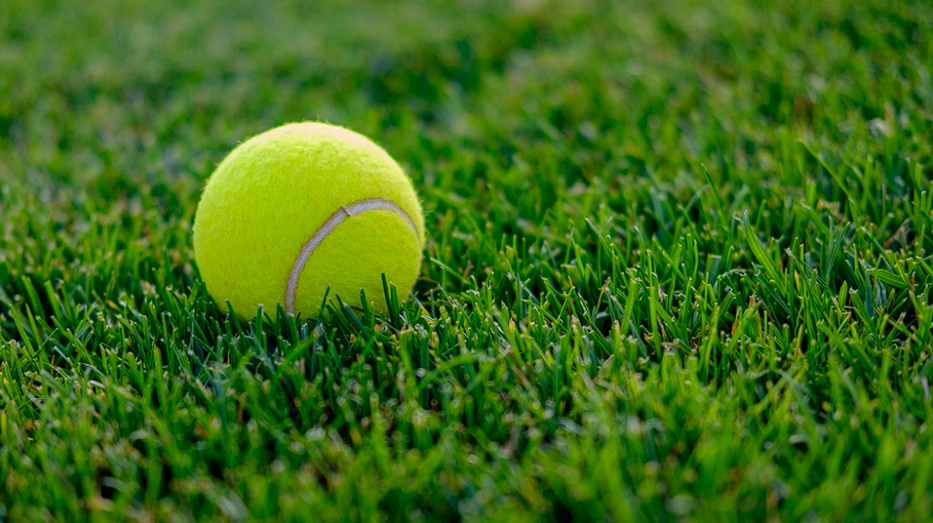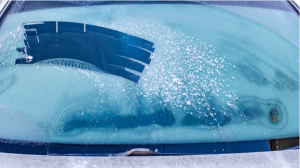Everyone Should Do the Same.
Others are reading now
This winter, you might notice scattered tennis balls in some gardens. Far from being a sign of neglect, discover why this seemingly ordinary and useless accessory is actually essential as winter approaches.
In the world of gardening and wildlife protection, small actions can have a big impact. A surprising but effective example is leaving an old tennis ball in your garden.
Accodring to Journal Des Femmes, this simple practice can play a crucial role in saving animal life, especially during the winter months. And it’s the very serious “Royal Society for the Prevention of Cruelty to Animals,” the English equivalent of the SPA, that has just suggested all gardeners retrieve an old tennis ball.
When temperatures drop, our gardens become vital refuges for a variety of animals. Birds, hedgehogs, squirrels, and even the fish in our ponds depend on these spaces for survival. However, the winter cold brings its own challenges, including the freezing of water sources, which can be fatal for wildlife.
Also read
Imagine a frozen pond or a bird bath turned to ice. These winter scenes, while picturesque, hide a danger for animals that depend on these water sources for drinking or cleaning.
This is where the tennis ball, a seemingly ordinary object, can make all the difference.
The principle is simple: by placing a tennis ball on the water’s surface in a pond, a bird bath, or even a simple water container, you prevent the formation of a completely closed ice layer. The ball, moving with the wind, creates a small opening in the ice, allowing animals to access the water underneath. This opening is essential for their hydration and hygiene, especially when other water sources are inaccessible due to freezing.
This method is particularly useful for small garden ponds, where fish and aquatic insects can suffer from a lack of oxygen when the pond freezes entirely. Although aquatic plants continue to produce oxygen even in winter, an ice cover can limit this vital gas exchange. The tennis ball helps maintain an opening for air exchange, ensuring better survival of the pond’s inhabitants.
Furthermore, this technique is not only beneficial for aquatic animals. Birds, often in search of water for drinking or bathing during winter, also find refuge thanks to this simple tennis ball. By maintaining an accessible water source, you contribute to their well-being during the harshest months.
So, if you have a pond or something similar and want to do a good deed, place a tennis ball in it when the temperature hits the freezing point.








